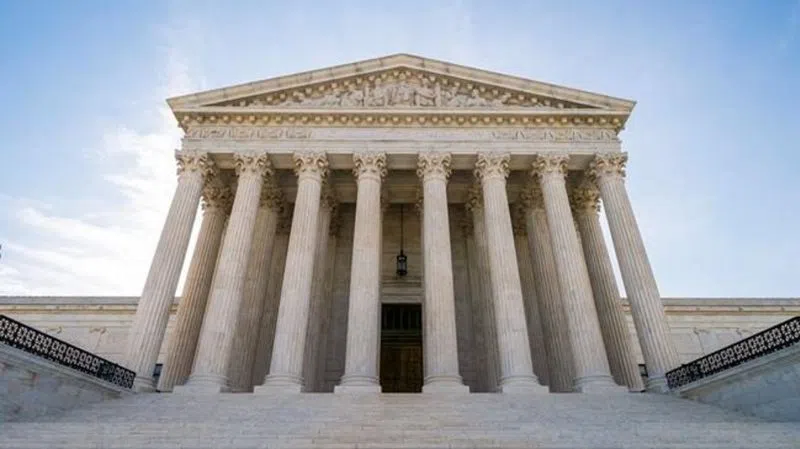
Justices allow enforcement of new green card rule
WASHINGTON — A divided Supreme Court on Monday allowed the Trump administration to put in place a policy connecting the use of public benefits with whether immigrants could become permanent residents.
The new policy can be used to deny green cards to immigrants over their use of public benefits including Medicaid, food stamps and housing vouchers, as well as other factors.
The justices’ order came by a 5-4 vote and reversed a ruling from the 2nd U.S. Circuit Court of Appeals in New York that had kept in a place a nationwide hold on the policy following lawsuits that have been filed against it.
The court’s four liberal justices, Stephen Breyer, Ruth Bader Ginsburg, Elena Kagan and Sonia Sotomayor, would have prevented the policy from taking effect.


